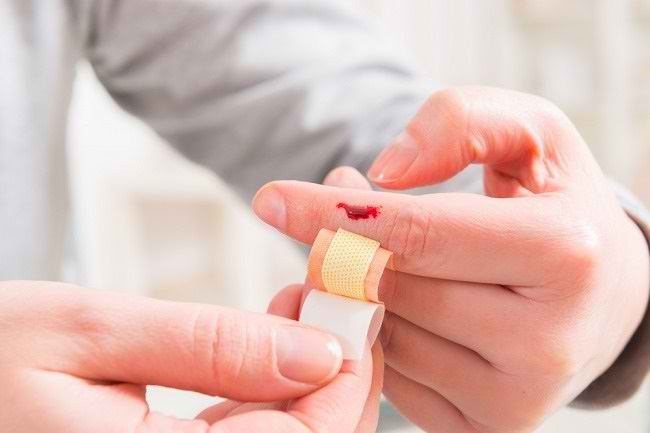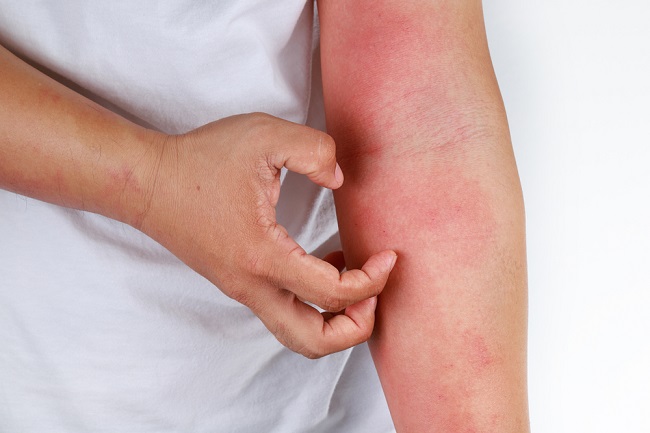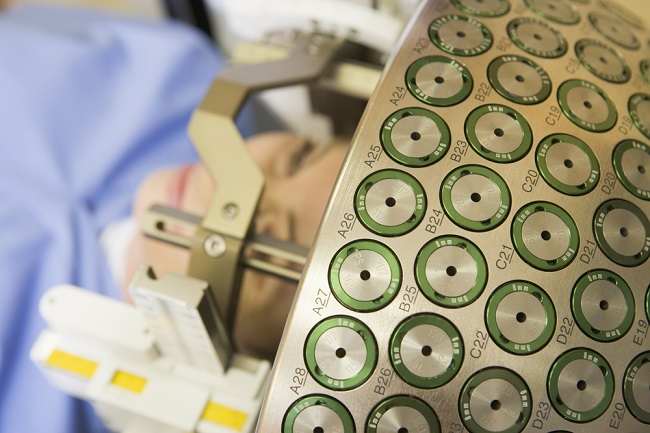Acute coronary syndrome occurs when blood flow to the heart is reduced drastically or suddenly. When they occur, these events can cause a number of heart conditions and require immediate medical attention.
In acute coronary syndrome there is a significant blockage in the coronary arteries of the heart, namely the blood vessels that supply blood to the heart. These events can lead to heart attacks and unstable angina attacks. Both conditions are usually characterized by severe chest pain or discomfort in the chest.

Causes and Risk Factors for Acute Coronary Syndrome
Acute coronary syndrome is usually caused by atherosclerosis, which is the formation of plaques or cholesterol deposits on the walls of the coronary arteries that block blood flow to the heart.
In addition, acute coronary syndrome can also occur due to the use of certain substances, such as cocaine and nicotine, which can trigger spasm or sudden narrowing of the coronary arteries.
Some of the factors below can increase a person's risk of experiencing acute coronary syndrome, including:
- Entering old age
- Suffering from high blood pressure and high cholesterol
- Being overweight or suffering from obesity
- Have a family history of heart disease or stroke
- Lack of exercise or physical activity
- Suffering from diabetes
- Smoking or abusing illegal drugs
Symptoms of Acute Coronary Syndrome to Watch Out for
The most common symptom of acute coronary syndrome is chest pain that is very annoying. The pain can feel like being crushed by a heavy object or an unexplained discomfort. Sometimes, the pain may radiate to the jaw and arm.
A person can indeed experience chest pain that comes and goes. This chest pain is not included in the acute coronary syndrome. Chest pain in acute coronary syndrome usually lasts more than 15 minutes and does not improve with rest.
Some other symptoms that can appear when experiencing acute coronary syndrome are:
- A cold sweat
- Hard to breathe
- Headache and dizziness like I want to pass out
- Nausea or vomiting
- Nervous
- Irregular heartbeat (arrhythmia)
Management of Acute Coronary Syndrome
Acute coronary syndrome is a medical emergency that requires immediate treatment so as not to cause death. Usually, after being treated in the ER, the patient will also be treated in the intensive cardiac care unit (ICCU) for several days.
Treatment begins with oxygen and anticoagulant drugs, such as aspirin and clopidogrel, to prevent blood clots. The doctor will also give nitroglycerin to dilate the heart's blood vessels. If chest pain is still very bothersome, your doctor can give you additional painkillers.
Surgery, such as cardiac catheterization or CABG (coronary artery bypass graft), should be considered in cases of acute coronary syndrome with extensive heart muscle damage, low blood pressure, shock, right heart wall damage, or persistent chest pain following drug administration.
Acute coronary syndrome is a life-threatening emergency. If treated quickly and appropriately, this condition can improve. However, it is possible that this condition can recur. Therefore, prevention is very important to do, especially for those who have or are at risk of experiencing it.
To prevent the occurrence or recurrence of acute coronary syndrome, a heart-healthy lifestyle is needed, namely quitting smoking, eating a heart-healthy diet, limiting alcohol consumption, maintaining an ideal body weight, controlling stress, and exercising regularly.
If you have risk factors for acute coronary syndrome, such as hypertension, high cholesterol, or diabetes, take the medicines your doctor gives you regularly to keep the disease under control and not to cause acute coronary syndrome.
In addition, regularly check with the doctor according to the specified schedule, so that heart health conditions and overall health can always be monitored.
If at any time you feel symptoms of chest pain that do not improve with rest, especially if accompanied by other symptoms that point to acute coronary syndrome, immediately go to the ER to get treatment as soon as possible.









